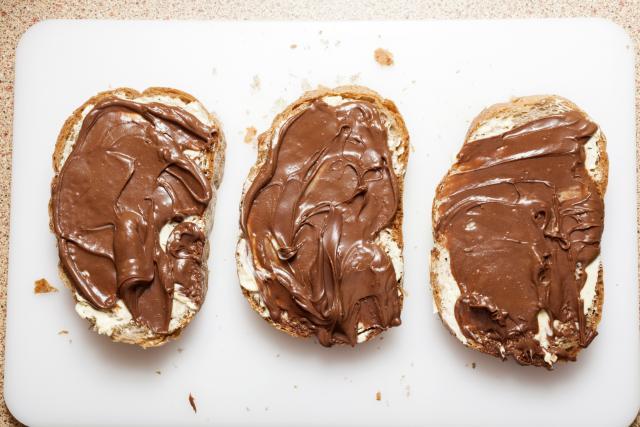Products sold in EU's East "less good, and more expensive"
Fish sticks, meat dishes, spreads and canned tuna top the list of the products suspected of having higher quality in the "old" part of the EU than in the East.
Tuesday, 09.02.2016.
12:25

Products sold in EU's East "less good, and more expensive"
According to the article, "fish sticks in Denmark contain seven percent more fish than in the Czech Republic," while in Eastern European EU states "chocolate spreads have more fat and sugar, meat dishes have chicken instead of pork, extra virgin olive oil is mixed with other, refined oils, and tuna cans that contain less fish cost twice as much."The newspaper said these were the results of "numerous European researches comparing the quality of products."
These "unequivocally prove what consumers have been complaining about for years: that manufacturers do not ship products of the same quality to the 'old' EU member-states and to the new, such as Bulgaria, Romania, and Croatia."
This has prompted the Croatian Food Agency to carry out its own research, that will compare the quality of 20 to 30 products sold in stores in Germany, with the same ones sold in Croatia.
The initiative came from Biljana Borzan, a Croatian MEP, who says the project will be financed by the EU, and will be "very comprehensive and very expensive."
The goal, she said, is "to put pressure on the EU to legally regulate this" and make sure that consumers in Croatia buy equally good food products as those in Western Europe.
In the past, the European Commission responded to similar findings by saying the products in question meet the food safety standards.
The article does not question this, but reiterates there are "great variations when it comes to quality," citing one research that found 35 percent of food products sold in the Czech Republic to be of lower quality than in EU's "old members," and at the same time, in a majority of cases, more expensive.
Thus "a well-known brand" of iced tea had 40 percent less tea extract than in Germany - but was more expensive, and had more sugar.
"Manufacturers like to say this is about 'local tastes,' so they sell greasier products in some countries because 'citizens' like that. But the fact no survey to determine the local habits, that would have enabled them to think that way, has ever been done proves this is nonsense," said Borzan.






































Komentari 1
Pogledaj komentare